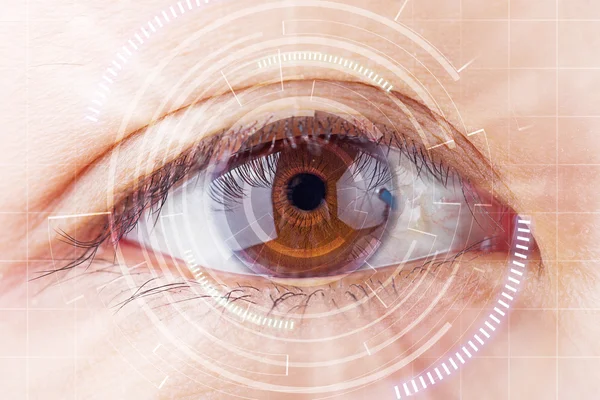If you have cataracts, your doctor may suggest surgery to remove them. Having cataracts doesn’t always require surgery. Some people won’t experience any vision changes during the early stages. Some patients can use prescription eyeglasses and brighter lights. As cataracts grow, the symptoms become more profound and may interfere with your vision. Cataract surgery is a safe and common outpatient procedure you can use to restore your vision.
What Are Cataracts?
A cataract is when you experience clouding on your eye lens. Your lens is naturally clear to allow clear vision. When the proteins in your lens break down, your vision can become cloudy, misty, or blurry. Colors also become hazy and less colorful. Cataracts can cause blurry or double vision. You may also become extra sensitive to light and have difficulty seeing well at night. Seek a professional ophthalmologist if you have such symptoms.
Aging is the leading cause of cataracts. As you age, the lens also ages, and normal proteins begin to break down, causing cloudy vision. Other possible causes of cataracts include certain medical conditions like diabetes, eye injury, and smoking. You may also have a higher risk of developing cataracts if you have parents or siblings with cataracts. Spending extended periods in the sun without sunglasses and using certain medications like corticosteroids may also contribute to cataract development.
What Does Cataract Surgery Involve?
Cataract surgery is all about removing the natural lens that has become cloudy/misty and implanting an artificial one in its place. The procedure is safe, common, and quick. You’ll be done and ready to go home within an hour. The surgery also improves your vision. Your surgeon will make a tiny incision to remove the lens and then place an intraocular lens (IOL) in its place. The operation is done with the help of local anesthesia, so you’ll be awake.
a) Preparing For Surgery
Your surgeon will advise you on the necessary preparations and precautions. The goal is to reduce the likelihood of complications. You may be instructed to avoid certain medications that can increase the risk of bleeding during surgery. The surgeon may advise you to avoid drinking or eating before surgery. Inform your doctor if you take prostate medication, as they can interfere with the surgery. You may also be prescribed antibiotic eye drops.
b) During Surgery
Several weeks before the surgery, your surgeon will perform a painless ultrasound to measure the size/shape of your eye. The ultrasound helps them determine the best intraocular lens for your eye. During the procedure, the surgeon will use eyedrops to dilate your pupil and local anesthetic to numb the area. You may also be given a sedative to help you relax. The cloudy lens is removed and replaced with a clear artificial lens.
c) Post-Surgery Aftercare
Your vision should improve within a few days after the surgery. The surgeon will put you in a recovery room for a few minutes after the surgery and send you home. You won’t be able to drive, so organize help for the first few hours. Avoid strenuous activities and keep your eye protected. Use the recommended eye drops and avoid irritants like soap, dust, makeup, and deodorants that can make you sneeze. Follow all instructions your surgeon gives.
Types of Cataract Surgeries
Surgeons and ophthalmologists perform two main types of surgeries to remove cataracts; phacoemulsification and extracapsular cataract extraction. Phacoemulsification is the most popular surgery and involves making a small incision in the cornea. The surgeon then inserts a needle-thin probe targeting the lens substance with the cataract. Ultrasound waves from the probe break up (emulsifies) the cataract, and suction removes the fragments.
Extracapsular cataract extraction is a less frequently used procedure that involves removing the lens in one piece. The surgery requires a larger incision and tools to remove the front capsule of the cloudy lens. Most surgeons will only perform extracapsular cataract extraction if you have specific eye complications. The back capsule of the lens is left in place to cushion the artificial lens. You’ll also need stitches to close the larger incision.
Benefits of Cataract Surgery
Improved vision is the main benefit of cataract surgery when performed by experienced surgeons. Cataracts can make it difficult to see clearly and even lead to blindness if not treated. Surgery removes the damaged lens and replaces it with clear IOLs that improve vision. Stick to reputable eye clinics and surgeons that can provide you with the best outcome.

